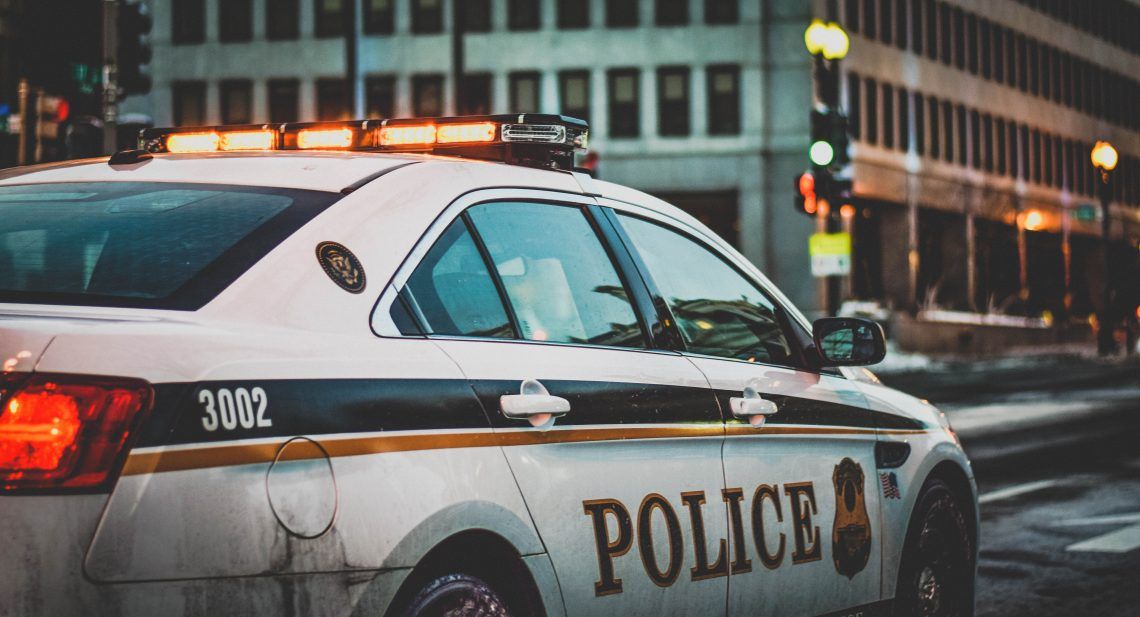1. STOP. Never leave the scene of an accident, even a minor one on private property.
2. PROTECT THE SCENE. By setting up flares or keeping your flashers on, you can prevent further injury to yourself or additional accidents occurring at the scene. You can also purchase a roadside kit that has flashing lights for added visibility.
3. CALL THE POLICE. Even if the accident is a minor fender bender with no serious injuries, it is a good idea to call the police. Even low-impact injuries can cause significant bodily injury. If there is property damage, it is important to have a police report and to file a claim with your insurance company. It is also difficult to assess injuries and vehicle damage immediately after an accident. The motor vehicles involved in the accident should remain where they are at the time of the accident, unless they interfere with traffic.
4. RECORD WHAT HAPPENED. When the police arrive, make sure you tell the investigating officer exactly what happened. If you do not know certain facts, tell that to the officer. Do not speculate, guess, or misstate any of the facts. If you are asked if you are injured and you are not sure, say you are not sure, rather than no. It is not uncommon for auto accident pain to become apparent hours or days after the collision. You should also make sure statements made by other persons involved in the accident are accurate.
5. TAKE PICTURES. Take pictures of every vehicle involved in your accident. If you have visible injuries, you should photograph them as well. If you cannot take pictures at the scene of the accident, take them as soon as possible after the accident. You should never interfere with the ongoing police investigation.
6. EXCHANGE INFORMATION. Typically, the investigating police officer obtains this information. However, if the police do not respond to the accident, you should obtain the name, address, and telephone number of everyone involved in the accident. This includes drivers and passengers. You should also obtain insurance information by asking to see the insurance card for all vehicles involved in the accident. If there are witnesses, you should get information from them as well so that you or your attorney can contact them in the future. If the police respond to the accident, the investigating officer usually will provide all drivers with a police report number. You can use that number to obtain the police report at a later date. If the accident occurs on a state highway, you must request the report from the state police.
7. REPORT THE ACCIDENT. Notify your insurance company as soon as possible. Many insurance policies require immediate reporting and full cooperation. Find out if you have medical benefits as part of your insurance coverage. This is known as MedPay, and you might be paying for it in your policy. If you are, use it. In fact, if you have MedPay coverage, you are required to submit your accident-related medical bills to your insurance company. MedPay coverage is primarily for accident-related medical bills. Once MedPay benefits are exhausted, private health insurance becomes your primary insurer. MedPay benefits are available to all occupants of the vehicle. Your insurance rates should not increase as a result of submitting claims for MedPay coverage.
8. SEEK MEDICAL ATTENTION. The injuries caused by accidents are not always immediately apparent due to the masking effects of adrenaline. You should seek medical attention unless you are absolutely certain that you were not injured. It is important to seek a physician who has special training in evaluating injuries that have occurred due to automobile accidents. Many times, doctors who do not have specialized training in accident injuries will miss important injuries, causing the patient to experience long-term chronic pain.
At Accident Chiropractic, Dr. Miritello and Dr. Nielson have advanced training in the evaluation and treatment of these injuries. You can sustain a serious and permanent injury to your spinal cord, even in a minor accident causing no perceivable damage to your motor vehicle. If you had no loss of consciousness or were dazed for even a short period of time following the collision, you may have suffered a concussion or closed head injury. This can cause long-term cognitive and behavioral changes if left unevaluated or untreated.
9. KEEP A FILE. Keep all your accident-related documents and information together. This information should include a claim number, the adjuster who is handling the claim, names and phone numbers of all contacts, receipts for a rental car, and any other expenses incurred as a result of the accident.
If you are in pain, please contact Accident Chiropractic to schedule an appointment. Our doctors have helped thousands of patients find pain relief from injuries to chronic pain using nonsurgical procedures.

